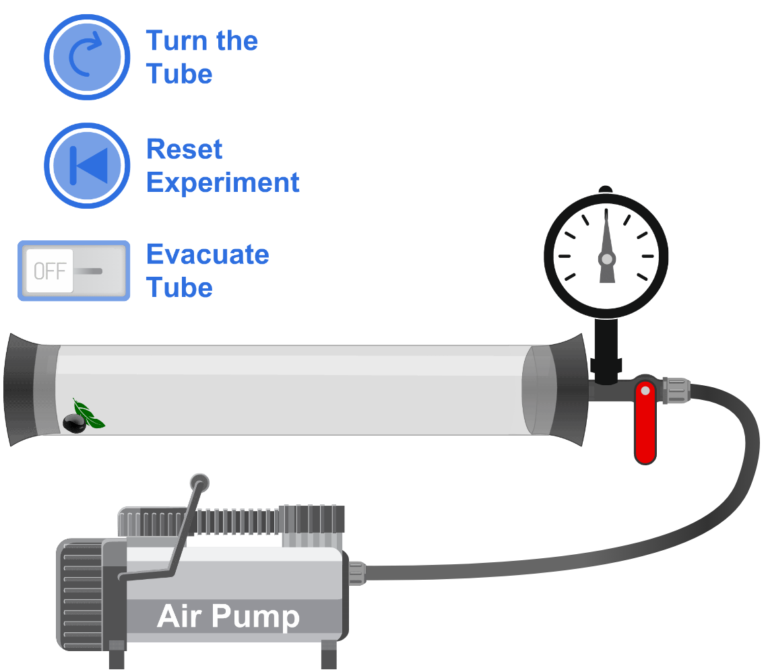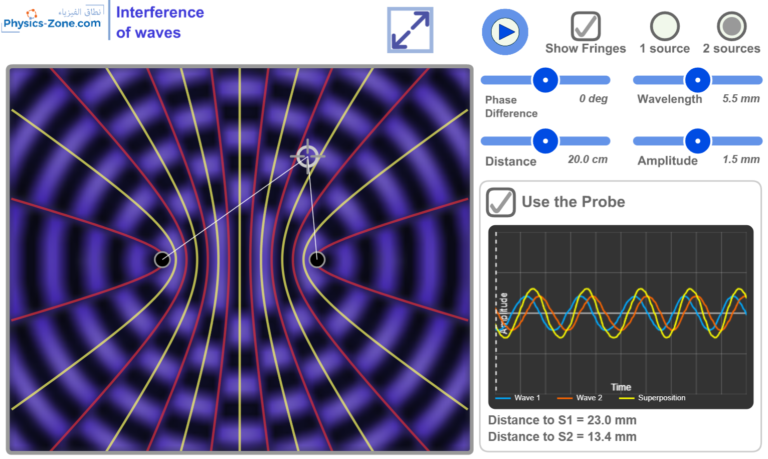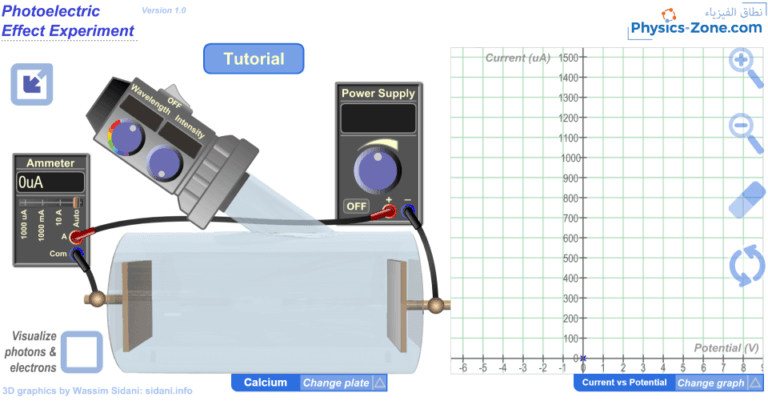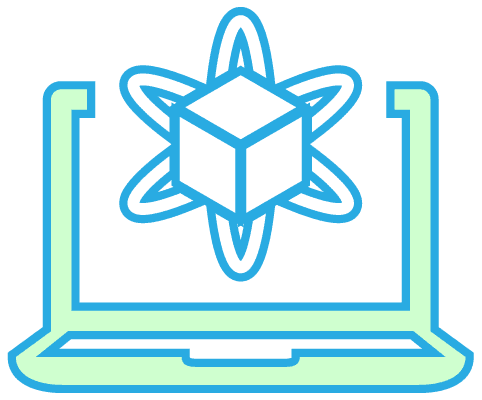Newton’s Tube Simulation
This simulation models Newton’s tube experiment, showing how air resistance affects falling objects. By removing air from the tube and flipping it, users can observe how a feather and a pebble fall differently in air but identically in a vacuum—demonstrating that gravity accelerates all objects equally when air resistance is removed.








